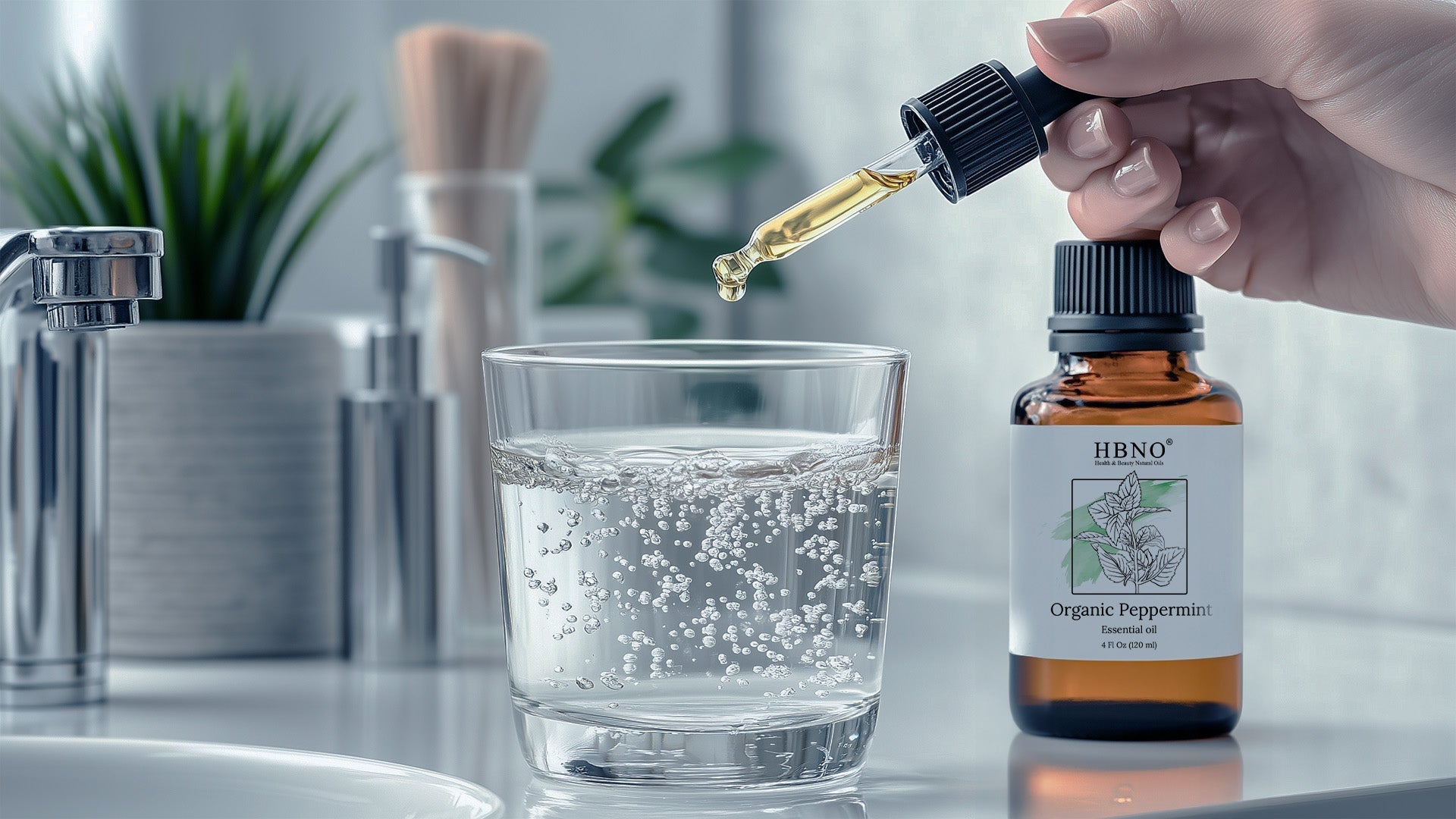
How Peppermint Oil Helps Fight Infections: Skin, Teeth, and More
At times, ear discomfort can make you irritated to do even the most basic of tasks. Although it is common to turn to traditional medical care, many individuals seek chemical-free approaches as a better option. Out of all the choices available, many people may like the use of peppermint oil for fighting this discomfort.
While this item may not work for all, interested people can introduce it in their daily regimens to tackle the scenarios when ear pain may strike. This guide explores how to use peppermint essential oil for ear infection for the people who are interested in experiencing its effects.
Potential Safe Usage of Peppermint Oil For Ear Pain
Using essential oil for ear pain can cause issues if you do not pay proper attention to safety. Some people use these tips while using the oil:
1. Use of Diluted Oil
Often peppermint oil should always be diluted before topical use: using peppermint oil undiluted-especially close to your ears-is not recommended. For some users, dilution can diminish not only the potency of the oil's fragrance and potential tingling effect, and for some it may also help with mediating skin irritation.
If you are concerned about the possible issue, you can try to experiment with a tiny dollop of the compound on a separate skin area, like your forearm, and away from the ear. Such a patch test may provide reassurance and allow for assessment of individual sensitivity.
2. Avoiding the Areas Near the Eyes
While using the oil for ear pain, users might also need to avoid the area near the eyes, because it may cause irritation and discomfort. However, with proper safety many people can enjoy its benefits.
3. Usage of Oil in Moderation
Peppermint essential oil may give good benefits to some people whose skin type is immune to its properties. However, people might still need to avoid overusing as it can cause skin irritation.
Therefore, anyone using the oil may need to start the application at a moderate level. You can decide the moderation level by some test or trials or ask the skin experts for advice.

Application Tips of Peppermint Oil Around the Ear
People interested in using this oil may commonly target massaging behind the ear, along the neck, or just below the earlobe on the jawline. The motion and heat of hands might help with a sense of comfort, and the cooling feeling of peppermint essential oil usually adds to that for some users.
Adding to that, some people make this process even better by applying warm compresses after the massage. For example, a warm compress on the areas around the outer ear or close to the neck may feel good.
You may want to complement the process with quiet rest or herbal tea afterwards. None of these are necessarily going to entirely remove the pain, but they can help you create a more resting environment.
Role of Peppermint Oil in Improving Ear Pain
The smell of peppermint oil is potent and rich in menthol, and many people may end up feeling a comforting coolness after applying it. The oil's minty scent and menthol can open up nasal passages, helping to drain the sinuses and relieve pressure that can contribute to ear pain.
However, the oil alone may not help you deal with the issue if the pain is more severe. Also, it is important to use such essential oils safely to deal with ear pain issues.
1. Additional Aids to Try Along with Peppermint Oil
Those with ear discomfort may typically try a variety of approaches when it comes to using peppermint oil. Likewise, people may benefit by using other essential oils, such as lavender oil or tea tree oil, which may be sometimes used as additions or blends.
You may blend the oils with the ones you have been using or are used to using. Some people prefer using blends that can maintain the coolness of the oil for desired outcomes.

2. Possible Scenarios to Refrain from Using Essential Oils
If the ear discomfort is worsening over time or doesn't improve, it is a good idea to see a healthcare provider. Although essential oils may seem supportive to some, they are not replacements for medical advice or care.
Also, people with skin that often reacts quickly to external substances, or other issues may want to consult with a professional before embarking on a new essential oil regimen.
3. Peppermint Oil Usage in Daily Activities
Some people like to combine use of peppermint oil for ear pain with breathing exercises, therapy diffusers or stillness with silent reflection. These practices aren't intrinsically linked to ear problems but could provide an added sense of better feeling. Over time, such little rituals might help foster a more balanced way of life.
Final Thoughts
Using peppermint oil for ear-related discomfort is a personal choice that many may want to explore. While there's no universal outcome, some find that the process of applying a diluted oil blend, paired with a supportive environment, gives the possible needed outcome. It's important to listen to your body, move slowly, and observe how your skin and senses respond.
By using peppermint oil with care-always diluted and applied externally-you might discover whether it can be added in your own self-care routine. To explore more options, including other essential oils, HBNO offers a wide selection you can consider integrating into your routine.
Reference
-
This essential oil has been used for several centuries in different cultures for treatment.
-
Due to the cooling, tingling feeling, it has found its way into the very illuminating lotions, creams, soaps, and shampoos.
-
It is known that peppermint oil is one of the effective agents in keeping everything clean as it soothes all minor skin irritations or disturbances.